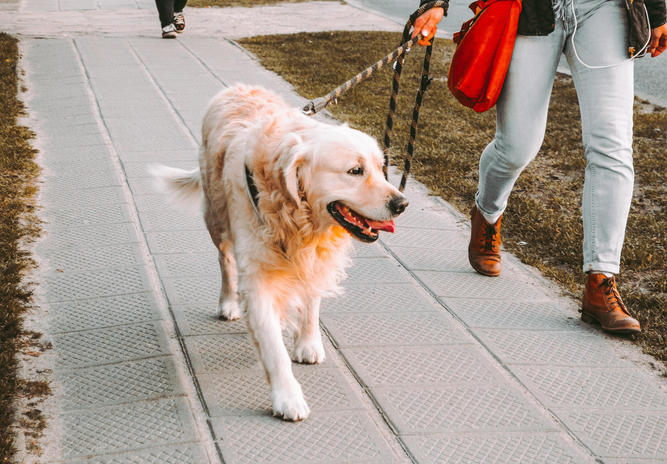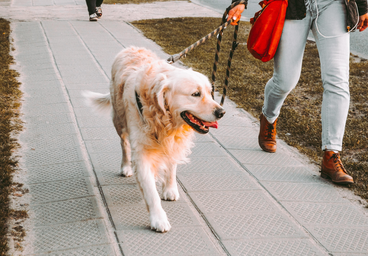When the world went into lockdown, we learned how lonely our lives can be without our loved ones nearby. While some people moved back to live with parents, bunked with their current lovers or felt holed up with their roommates, some people felt especially lonely since they were on their own. As it is proven, time and time again, dogs are truly our best friends. This is why many of us adopted one during this pandemic.
Our furry little babies are growing up or have grown into beautiful dogs. However, as the world starts getting back into its hustle and bustle, it seems our dogs don’t really know what our normal way of life is like. Now, I’m not a licensed dog trainer but I have trained my own dog with various trainers and techniques. Maybe a few of the things that worked for me, will work for you!
Reacting to Strangers
Dogs are curious creatures. They love making new friends, especially when they’re young. However, many of us were not able to socialize our puppies with all the things that go on in the world. This might result in the dog barking, staring at or being afraid of something that is in front of them – person or thing.
Something that worked for me is catching my dog before he reacted to say, a man walking down the street. This means I learned to read his demeanour; tail down, hair raised, ears moved back, etc. This was him becoming weary of the man before he starts barking or growling.
Since I can understand what he does before he barks or growls at strangers, the goal is now to reward him for acknowledging the stranger. This will associate strangers or new things with a positive feeling rather than a negative one like being yelled at for barking for example.
Something I also learned the hard way is that when we raise our voice at a dog after they’ve started barking, they think we’re also barking. Dogs don’t understand English, but they gauge our communication from visual cues and simple sounds. So, you might be telling Fido to “STOP BARKING” but all he understands is that he’s startled, you’re startled, we’re all startled.
Socializing
You might have seen that your dog cowers or hides from guests or that it takes them a while to get acquainted with a new furry friend. This just means your pup needs extra exposure to people outside of their current circle. Always remember to work at the dog’s pace and try not to rush them into making friends – dogs don’t do well when they’re forced into a situation.
Rewarding your dog with treats and affection is the best way to demonstrate to your dog, the behaviour that they’re displaying is the kind you want to see. A good dog trainer will never use negative reinforcement in training or in general. This means no buzz or e-collars, prong collars, or anything of that nature.
The better your bond with your furry little pal, the easier it will be for the both of you to learn from one another. The right help is an internet search away and remember, no dog is completely hopeless. Our furry friends helped us through a pandemic and by training them, we’ll help them live a happier life.


